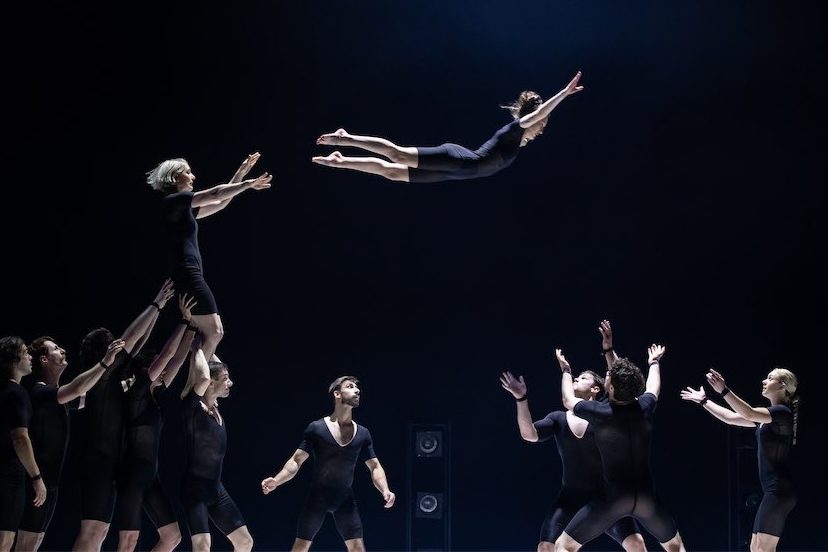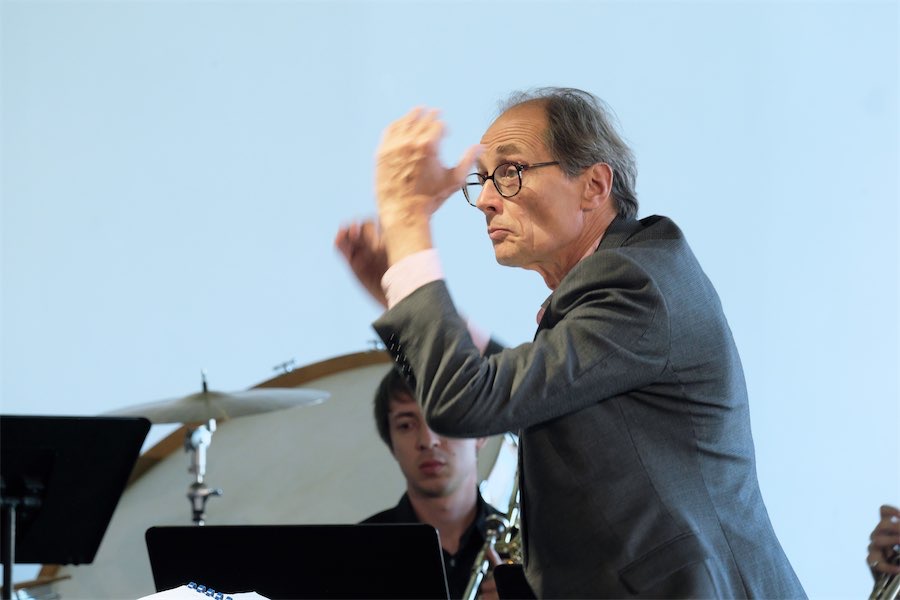DELINEATING the moral and ethical dilemma arising when men behave abominably toward people unable to defend themselves, Marius Holst’s film tells about a riot in 1915 at the reformatory on Bastoy Island across the bay from Oslo.
The island’s population comprises on one hand underprivileged male children, adolescents and young adults swept up from the alleys of the towns, not criminals, mostly orphans; on the other hand, the establishment, comprising farm labourers forming a cadre of guards, a weak Governor (Stellan Skarsgard) only too aware of his career inadequacies and inmate superior and sexual predator Brathen (Kristoffer Joner).
Inmate C19 (Benjamin Helsted) is a physically and morally strong young man for whom island conditions are less humane than his former life aboard a whaling ship. He’s no firebrand anxious to lead a revolt. But grim times have an ability to create heroes.
The film’s brutal events reflect Bastoy’s gray, bleak landscape. The reformatory functioned until the 1950s. Not flinching from an uncompromising topic, “The King of Devil’s Island” pulls no punches about what used to happen there. This telling of a strong story may lack the customary ingredients for a box-office smash hit. But that’s no reason for people of good will and compassion to reject it.
At Greater Union
Who can be trusted?
In a world of spin and confusion, there’s never been a more important time to support independent journalism in Canberra.
If you trust our work online and want to enforce the power of independent voices, I invite you to make a small contribution.
Every dollar of support is invested back into our journalism to help keep citynews.com.au strong and free.
Thank you,
Ian Meikle, editor




Leave a Reply